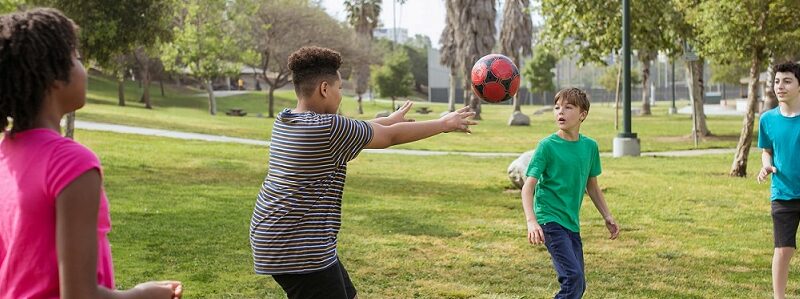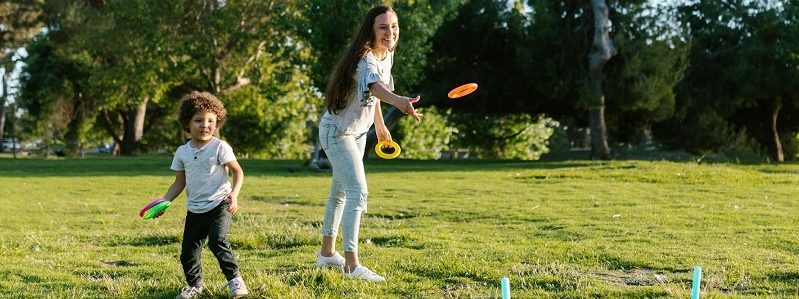As parents, we all want the best for our children, and one of the most important things we can do to ensure their success is to help them develop strong social skills. In this blog, we’ll explore how to help your children become confident, well-rounded individuals with the social skills to navigate any situation.
What are Social Skills?
Social skills are the abilities that help us interact with other people. They are essential for building relationships and navigating our everyday lives. From the time we are born, we start to learn social skills. We learn how to communicate, express ourselves, and understand the feelings of others. As we grow, our social skills help us build friendships, work with others, and get along in our communities.
Having strong social skills can help us in many ways. It can help us feel more confident in our relationships, make it easier to make new friends, and even help us get better grades in school. Social skills are essential for all ages, from toddlers to adults.
Families can help their children develop social skills by setting a good example. Parents should talk to their children about their feelings and help them learn how to express themselves. They can also help their children practice social skills in everyday activities, like playing games, going to the park, or having dinner together. With practice, children can become more confident in their social skills and use them to build meaningful relationships.
Teaching Social Skills
Teaching children social skills is an essential part of parenting, as it helps them interact with others positively and meaningfully. It can be challenging to know where to start, but you can do some simple things to help your children learn social skills.
Encourage your children to talk to others and to be friendly. Show them how to introduce themselves and greet people with a smile. Help them understand the importance of listening to others and being respectful. Teach them how to ask questions and to make conversation.
Encourage your children to be kind and to think of others. Show them how to share and take turns. Help them understand the importance of being polite and saying “please” and “thank you.”
Role-play different social situations with your children. Talk about how to handle different scenarios and how to respond positively. Help them understand the importance of honesty and standing up for themselves.
Teaching children social skills can be a difficult task, but it is an important one. You can help your children become confident and socially adept individuals with patience and guidance.
Tips for Teaching Social Skills
Teaching kids of all ages social skills can be daunting for parents, but it is an essential part of growing up. It is important to remember that children learn best through positive reinforcement and example. Modeling good behavior and having open conversations about social interactions can help kids learn social skills. It is also important to remember that each child is different and will learn social skills at their own pace.
Encourage your children to practice their social skills in a variety of settings. Have them practice introducing themselves to others, saying “please” and “thank you,” and asking questions. When interacting with others, reminding them to use good manners and be respectful is essential.
Giving children opportunities to practice problem-solving and conflict resolution is also essential. Role-playing scenarios can be a great way to teach kids how to handle different social situations. Additionally, it is essential to teach kids to recognize and healthily express their feelings.
By teaching kids social skills, you are helping them to become more confident and independent. You can help your children develop the social skills they need to succeed with practice and patience.
How to Monitor Your Child’s Social Skills
As parents, it’s vital to ensure that our children develop the social skills they need to thrive. One way to do this is to monitor your child’s social skills. This can be done in various ways, from observing their interactions with others to asking them questions about their relationships. It’s also important to talk to your child about their social skills and provide them with feedback and guidance. This can help them to recognize and understand their strengths and weaknesses in social situations.
Additionally, encouraging your child to participate in activities that promote social interaction, such as team sports or clubs, can help them to develop their social skills. Finally, be patient and supportive as your child learns and grows. With some guidance and understanding, your child can develop the social skills they need to succeed!
Helping your children develop strong social skills is an essential part of parenting. Teaching them how to interact with others, communicate effectively, and be aware of their own feelings and the feelings of others will help them succeed in life. By understanding social skills, providing your children with the right tools, and monitoring their progress, you can help them develop the social skills they need to succeed.






